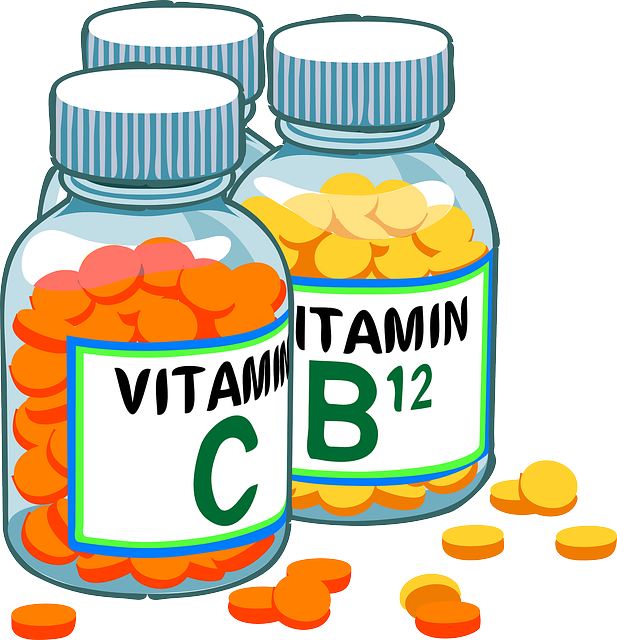Invaluable insights into your health
Welcome to the ultimate knowledge hub for living happier, healthier, and longer.

Nutrition When Using Weight Loss Injections: A Complete Guide
Apr 17, 2025

The Theory Behind Micro-Exercise
Apr 17, 2025

Coping with the Side Effects of GLP-1 Medications
Apr 17, 2025

The Impact of Vitamin Deficiencies on the Body
Apr 17, 2025

The Impact of Sleep on Weight
Apr 17, 2025

Stress and Weight: What Are the Links?
Apr 17, 2025

How to Manage Wellbeing When Using Weight Loss Injections
Apr 17, 2025

Exercise During the Use of Weight Loss Injections: Maximizing Results Safely
Apr 17, 2025